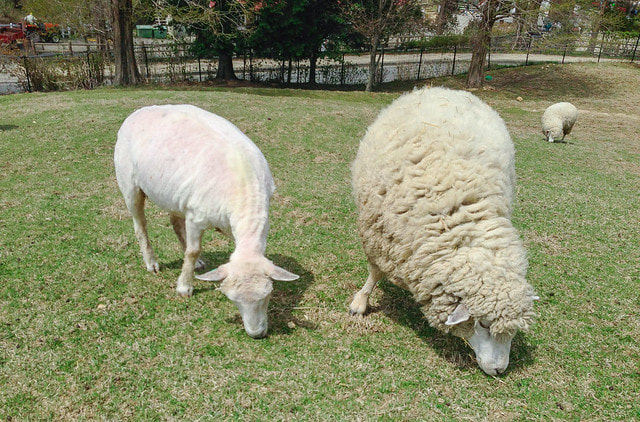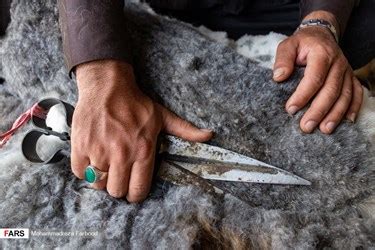|
SPOILING THE SHIP FOR A HA’PORTH OF TAR
Nick Turner For all the advantages of dictionaries such as Helena Hall’s ‘Sussex Dialect Dictionary’, one area they can never accurately describe is how a particular word was actually spoken or pronounced. Even the most elaborate phonetic attempt will rely on a reader’s interpretation which, in turn, will depend on his or her own style of speech. One popular saying has been affected by the Sussex dialect and has lost its real meaning along the way. One of the main effects of our dialect is how we pronounce the letter ‘e’, either singly or as a double, and thus ‘kettle’ becomes ‘kiddle’ and ‘keep’ is ‘kip’. Many’s the time one might hear a complainant say ‘Dun’t kip on’ to shut someone up, and East Sussex’s primary livestock would be referred to as ‘ship’ instead of ‘sheep’. At the appropriate season, shearing gangs would tour the flocks. Seniority amongst the functions carried out was almost military but, at the bottom was the Tarboy. Before electric clippers, the standard hand shears were pointed at the ends and lack of concentration or fatigue would often result in small wounds being inflicted on the animals. As soon as one was noticed the shearer would call for the Tarboy whose job it was to smear a small amount of tar on it and prevent infection. Speed was of the essence, it being most unwise to ‘spoil the ‘ship’ for a ha’porth of tar’. So, the saying we’ve all heard many times has nothing whatever to do with seagoing transport. From time to time large flocks had to be counted, not least to decide on shearers’ payment, and this was done by a Teller who’d arrange a pen of ‘ship’ with an exit just wide enough to allow two animals through at a time. As they filed through he’d count the pairs to a particular pattern, often of his own, but one such went:- One-erum, Two-erum, Cock-erum, Shoe-erum, Sith-erum, Sath-erum, Wineberry, Wagtail, Tarrydiddle, Den. ‘Den’, of course represented ten pairs, or twenty sheep, at which point he’d quickly cut a notch in a stick and start the count again. Apart from the obvious ‘one-erum’ and ‘two-erum’ there doesn’t appear to be much logic to those that follow, until perhaps one gets to the ninth pair when the teller would anticipate the need to cut another notch. Possibly, ‘Tarrydiddle’ evolved out of ‘Tarry a little’ as the tenth pair approached – but there’s no-one left to ask! |



